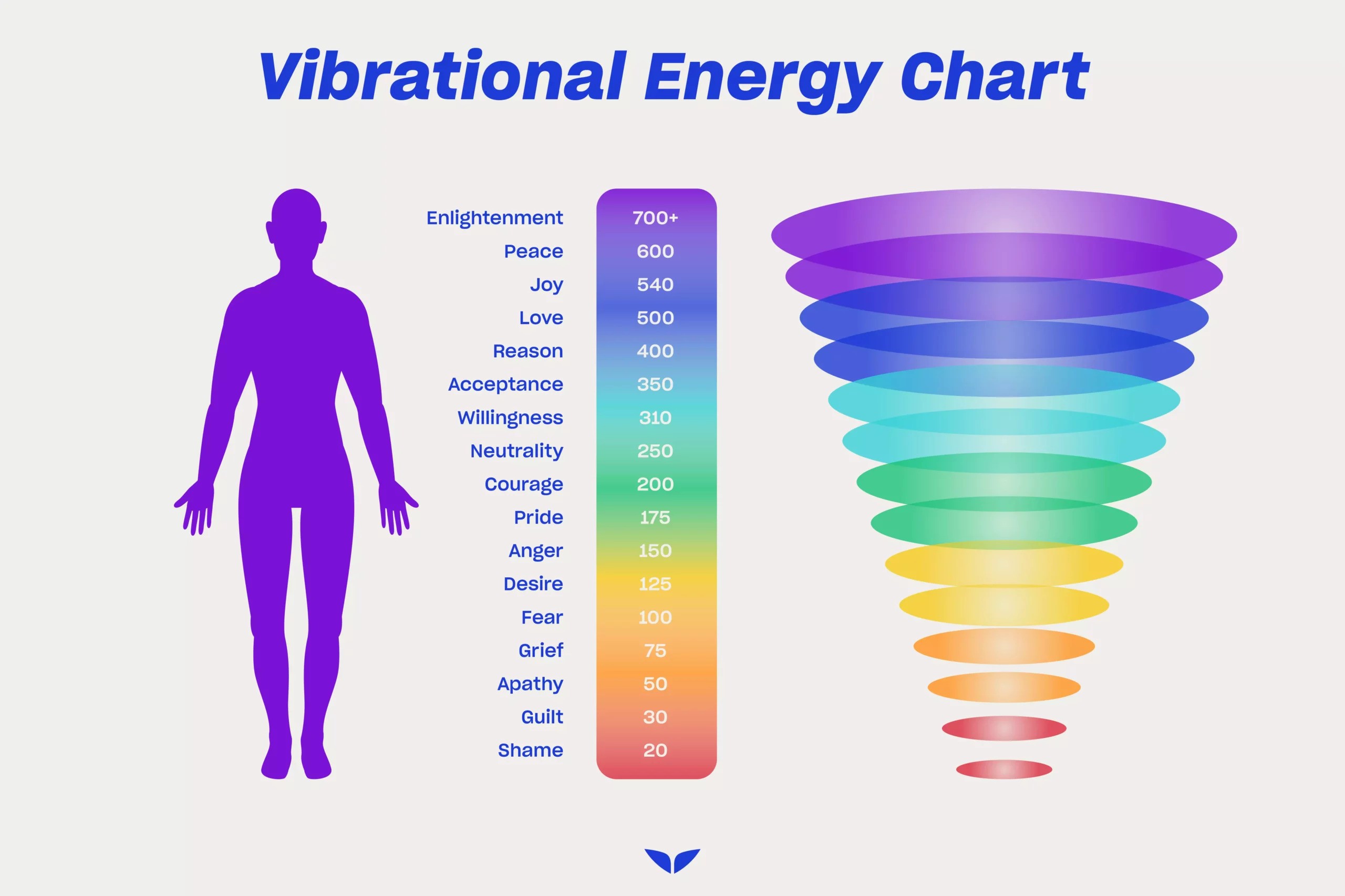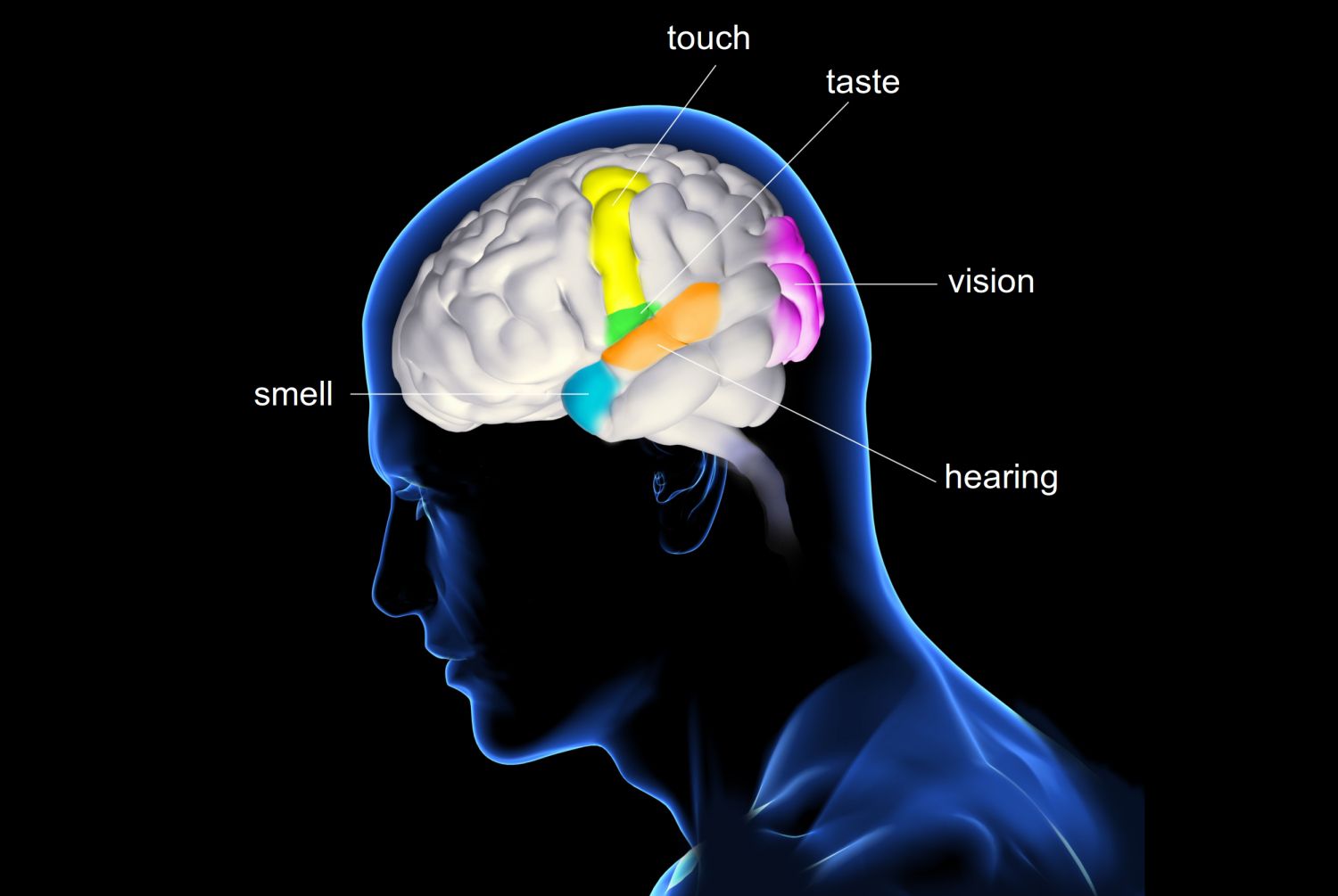Top 20 Reasons Why We Do Meditation
The advantages of meditation practice are well-known. The technique is frequently promoted as a habit of highly successful (and happy) people, as a method of stress and anxiety relief, and as the next big thing in mainstream wellness. It's not simply anecdotal evidence either.
Thousands of research have demonstrated the beneficial effects of meditation on our health and well-being. We've whittled down the list to bring you the gems from the early phases of mindfulness research.
More scientists have investigated mindfulness in the last two decades, which is a set of practices aimed at helping us create moment-to-moment awareness of ourselves and our surroundings. Their preliminary findings sparked a flurry of interest in meditation. Meditation is becoming increasingly popular as more people become aware of its many health benefits.
It can help you become more aware of yourself and your environment. Many individuals regard it as a means of reducing stress and improving concentration.
PeIt is also used to develop other desired behaviors and attitudes, such as a pleasant mood and outlook, self-discipline, healthy sleeping patterns, and even increased pain tolerance.
20 Reasons Why We Do Meditation
1. Emotional Well-being
Meditation also improves emotional well-being in general. Being mindful, even for a few moments, is linked to a stronger sense of well-being.
Meditation and mindfulness practice can also help you learn to control your emotions. Mindful people are more emotionally aware, more understanding, more accepting, and better able to cope with negative emotions. Meditation helps those who are prone to outbursts of rage or melancholy to better regulate and manage their emotions.
2. Physical Health Improvements
Meditation can assist you not just psychologically, emotionally, and cognitively, but it can also aid you physically. You have better sleep, have better cardiovascular health, lower blood pressure, have higher pain tolerance, and have a stronger immune system.
Because the physical health benefits of meditation are less well-known than its other advantages, I'd want to demonstrate what meditation can do for your body.
3. Reduced Psychological Distress
In our daily lives, we all deal with varying degrees of psychological anguish, ranging from everyday tensions and worries to anxiety, despair, and addiction. We can deal with it all with the support of meditation and mindfulness therapies.
Mindfulness techniques are proven to lower anxiety and stress, according to a study.
In reality, they've been recommended to individuals with anxiety disorders and panic attacks for a long time as a technique to calm their nerves with a high rate of effectiveness. Surprisingly, studies have shown that meditation retreats are more helpful than regular vacations in reducing daily stress and improving mood.
4. Increase compassion
While we may profess compassionate attitudes, we can also suffer when we witness others suffer, resulting in paralysis or withdrawal.
Practicing loving-kindness meditation for others has been shown in numerous well-designed research to enhance our willingness to take action to alleviate suffering. It appears to accomplish so by reducing amygdala activity in the presence of pain while also stimulating brain circuits associated with positive emotions like love.
5. Mindfulness has the potential to improve your relationships.
Many studies have found a link between mindfulness and relationship quality, which is most likely a result of the benefits we've already discussed.
In a 2016 study, for example, researchers assessed mindfulness in 88 couples. The researchers then measured cortisol levels in each pair before and after they discussed a relationship problem. Cortisol levels increased during the debate, indicating a significant level of stress. However, after the disagreement ended, levels in the more aware people—both men and women—were quicker to return to normal, indicating that they were retaining their cool. Many studies of mindfulness in romantic relationships, from the beginning to the end, have come to the same conclusion.
6. Better Cognitive Abilities
Meditation improves focus and discipline as well. Meditation practitioners can maintain concentration on specific tasks and are less prone to divert from them.
Meditation, it turns out, also helps intuition. Meditating connects you with your unconscious decision-making processes, sometimes known as your "gut reaction," "instinct," or "intuition." It's referred to as your "first brain" by Daniel Kahneman. It's referred to as "blink" by Malcolm Gladwell. Whatever it is, your gut reaction to certain situations is frequently correct. Meditation will help you achieve this.
7. Reduces stress
People meditate for a variety of reasons, one of which is to relieve stress. According to one study, meditation lives up to its stress-relieving reputation.
The stress hormone cortisol is normally elevated in response to mental and physical stress. Many of the negative effects of stress are caused by this, such as the release of inflammatory molecules called cytokines.
These side effects can include sleep disturbances, induce melancholy and anxiety, raise blood pressure, and cause exhaustion and foggy thinking.
8. Enhances self-awareness
Some forms of meditation can assist you in gaining a deeper understanding of yourself and achieving your full potential. Self-inquiry meditation, for example, is designed to help you gain a better understanding of yourself and how you interact with others.
Other types educate you to spot dangerous or self-defeating ideas. The idea is that as you become more conscious of your thought patterns, you may retrain them to be more constructive.
9. Controls anxiety
Meditation can help you feel less anxious by lowering your stress levels.
Meditation may reduce anxiety, according to a meta-analysis including nearly 1,300 adults. This effect was particularly prominent in those with the highest levels of anxiety.
In addition, one study found that 8 weeks of mindfulness meditation reduced anxiety symptoms, increased positive self-statements, and improved stress reactivity and coping in persons with generalized anxiety disorder.
Another study found that following an 8-week meditation program improved depression, anxiety, and pain over the course of a year in 47 persons with chronic pain.
10. Improves sleep
Nearly half of the population will have insomnia at some point in their lives.
One study evaluated mindfulness-based meditation programs and discovered that persons who meditated stayed slept longer and had less severe insomnia than those who did not meditate.
Learning to meditate can help you manage or divert your racing or racing thoughts, which can lead to sleeplessness.
11. Fight addictions
Meditation can help you break dependencies by boosting your self-control and awareness of addictive behavior triggers.
Meditation has been demonstrated to assist people to learn to refocus their attention, manage their emotions and impulses, and gain a better knowledge of the roots of their problems, according to research.
After three months of practice, transcendental meditation was associated with lower levels of stress, psychological distress, alcohol cravings, and alcohol use in 60 patients getting treatment for alcohol use disorder.
12. Effective relief for ADHD
People with ADHD require adequate stress treatment in order to break free from these vicious cycles.
Two key studies with students with ADHD have undertaken a few years ago, based on prior studies showing the benefit of meditation on improving brain function and reducing stress and anxiety.
13. More success in business and at school.
Regular meditation practice, in contrast to the stereotype of a meditator as a passive, apathetic person covered in moss in some isolated mountain cave, will really establish a solid foundation for success in our daily activities. There is mounting scientific evidence that meditating improves one's sharpness, intelligence, and creativity.
14. Reduces Activity in the Brain’s “Me Center"
Mindfulness meditation reduces activity in the default mode network (DMN), the brain network responsible for mind-wandering and self-referential thinking – a.k.a. "monkey mind," according to a study conducted at Yale University in recent years. When we're not thinking about anything in particular, when our minds are just roaming from thought to thought, the DMN is "on" or active. Many people strive to reduce mind-wandering since it is related to being less cheerful, brooding, and worrying about the past and future.
15. Helps Preserve the Aging Brain
Long-term meditators had better-preserved brains than non-meditators as they aged, according to a UCLA study. Participants who had been meditating for an average of 20 years had higher grey matter volume throughout the brain; while older meditators still had some volume loss compared to younger meditators, it wasn't as severe as non-meditators.
16. Meditation May Lead to Volume Changes in Key Areas of the Brain
Sara Lazar and her Harvard colleagues discovered in 2011 that mindfulness meditation can modify the structure of the brain: The hippocampus, which governs learning and memory, and particular parts of the brain that play roles in emotion regulation and self-referential processing were shown to have increased cortical thickness after eight weeks of Mindfulness-Based Stress Reduction (MBSR). There were also reductions in brain cell volume in the amygdala, which is responsible for fear, anxiety, and stress – and these changes matched the participants' self-reported stress levels, demonstrating that meditation alters not only the brain but also our subjective perception and feelings.
17. Control pain
Meditation was found to alleviate pain in patients suffering from post-surgical, acute, or chronic pain in a 2020 analysis of over 6,400 participants in over 60 studies.
"It's not going to be a panacea for all ailments, and it's not going to make the pain go away," Davidson adds. "We can realize that the pain is present, but we don't become engulfed by it in the same way that others do, and this can be really helpful in coping with chronic pain."
18. Gain more control over your emotions
This is something that meditation allows you to do. The more you meditate, the more you'll become aware of the ideas and activities that trigger emotions you don't want.
You will never learn about your inner self unless you make an effort to notice your thoughts and try to grasp what the mind is doing. It is not beneficial to simply believe any concept that comes to mind and live under the protection of your mind.
19. A Clear Path to Achieving Your Goals
When assessed, world-class athletes, top managers, and world-class performers all showed high levels of brain integration. This indicates that their brains are wired with strong connections between diverse areas, that they have increased attention, and that they can think rapidly to solve issues.
According to U.S. neuroscientist Dr. Fred Travis, this is the new secret to success since it is the spark that ignites the creativity that leads to achievement.
Fortunately, a Harvard Medical School study found that meditation creates changes in brain waves that help the brain work better.
20. You can do it anywhere
Find a relaxing environment in which to meditate. Some people choose a quiet location at home or at work to do their work. Because churches are often peaceful and deserted, they are an excellent place to meditate.
You can also meditate outside in nature. Find a relaxing and attractive location and make it your home.
Should You Start Practicing Meditation?
Meditation has a variety of health benefits, including physical, mental, and emotional ones. You should give it a try to see whether it's good for you if you want to increase your attention, reduce stress, or deal with addiction, depression, or chronic pain.



